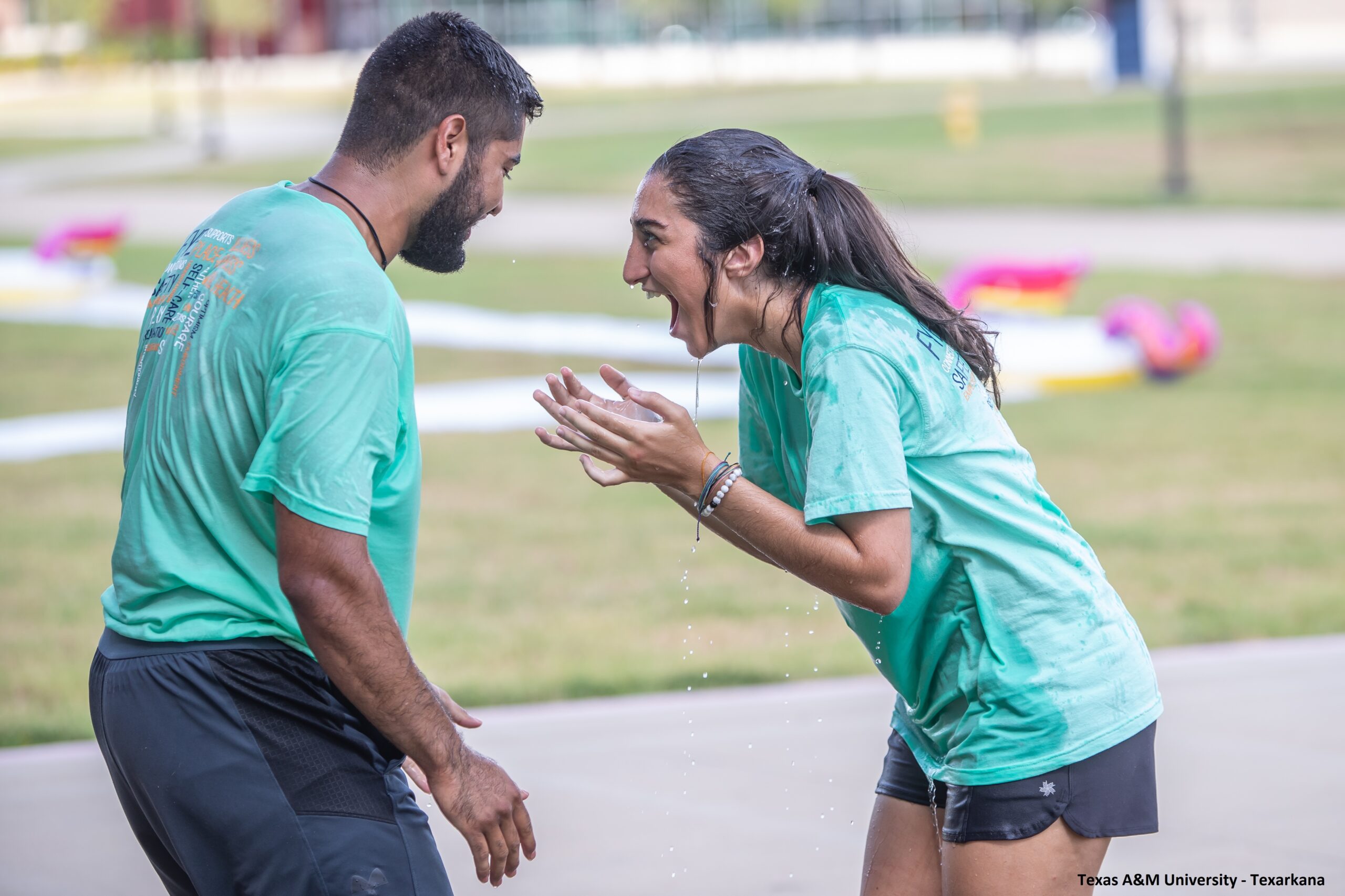Students entering college in fall 2021 bring experiences unlike any others. In turn, colleges and universities have responded to these pandemic-related disruptions, realigning student services and academic experiences to meet students' needs and changed circumstances. What should colleges and universities know about entering students' experiences? What issues can be addressed to smooth student's transition and success?
During the summer and early fall of 2021, the Beginning College Survey of Student Engagement (BCSSE) collected data from more than 54,000 entering first-year students from more than 100 colleges and universities around the United States and Canada. The results indicate that students experienced a wide variety of learning environments that differed based students' racial/ethnic identity. The study also found that while most students are optimistic about their first-year of college, there is a noticeable drop in level of optimism in August (see Figure 1), coinciding with the start of the fall term and the delta-variant surge.
Figure 1. Entering Student Level of Optimism May-September 2021

In response, institutions are wise to strengthen pandemic protocols to address students' concern about immediate safety. Students and families may also need more information about support for students' well-being and outreach regarding resources for COVID-19 related challenges that students may be experiencing. Entering student comments on BCSSE generally indicated that students don't take their experience for granted. Colleges and universities should try and build on students' optimism and encourage them to envision and enact their "next chapter", invite students to reflect on their pandemic experience, and foster appreciation for the opportunities that are available.
Students are expressing higher levels of mental and emotional exhaustion due to the pandemic. However, an important result for institutional consideration and action is the relationship between this exhaustion and expectations for academic difficulty. Of those students who expected high levels of academic difficulty, 70% reported substantial mental and emotional exhaustion. Comparatively, of the students who expected low levels of academic difficulty, only 42% reported substantial mental and emotional exhaustion. These results suggest the need for everyone on campus to "check-in" with students and to ensure peer counselors, resident assistants and faculty are provided resources to help students process their concerns and to get connected to sources for help on campus. Students who are experiencing academic difficulty may need equal amounts of academic and well-being supports.
Several BCSSE participating institutions reported that they are sharing their institution results and are responding with realigned services for entering students. For example, Montana State University is discussing students' learning habits, acknowledging pandemic-induced disruption to existing patterns and habits and the need for students to inventory and reestablish good study habits. Avila University is re-directing COVID funds to offer continued financial assistance to low-income students, hiring a part-time financial literacy position to help students manage financial concerns, and offering counseling remotely as well as in person.
For more takes on this research and to learn more about what institutions are doing, check out the following media outlets, including Inside Higher Education and the Chronicle of Higher Education. A webinar discussing these results was attended by more than 200 participants from across the country. Detailed results of this study, press release, media links, and links to the webinar are all located on the BCSSE webpage, Optimism and Weariness: Results for Students Entering College 2021. For questions and inquires contact, bcsse@iu.edu


